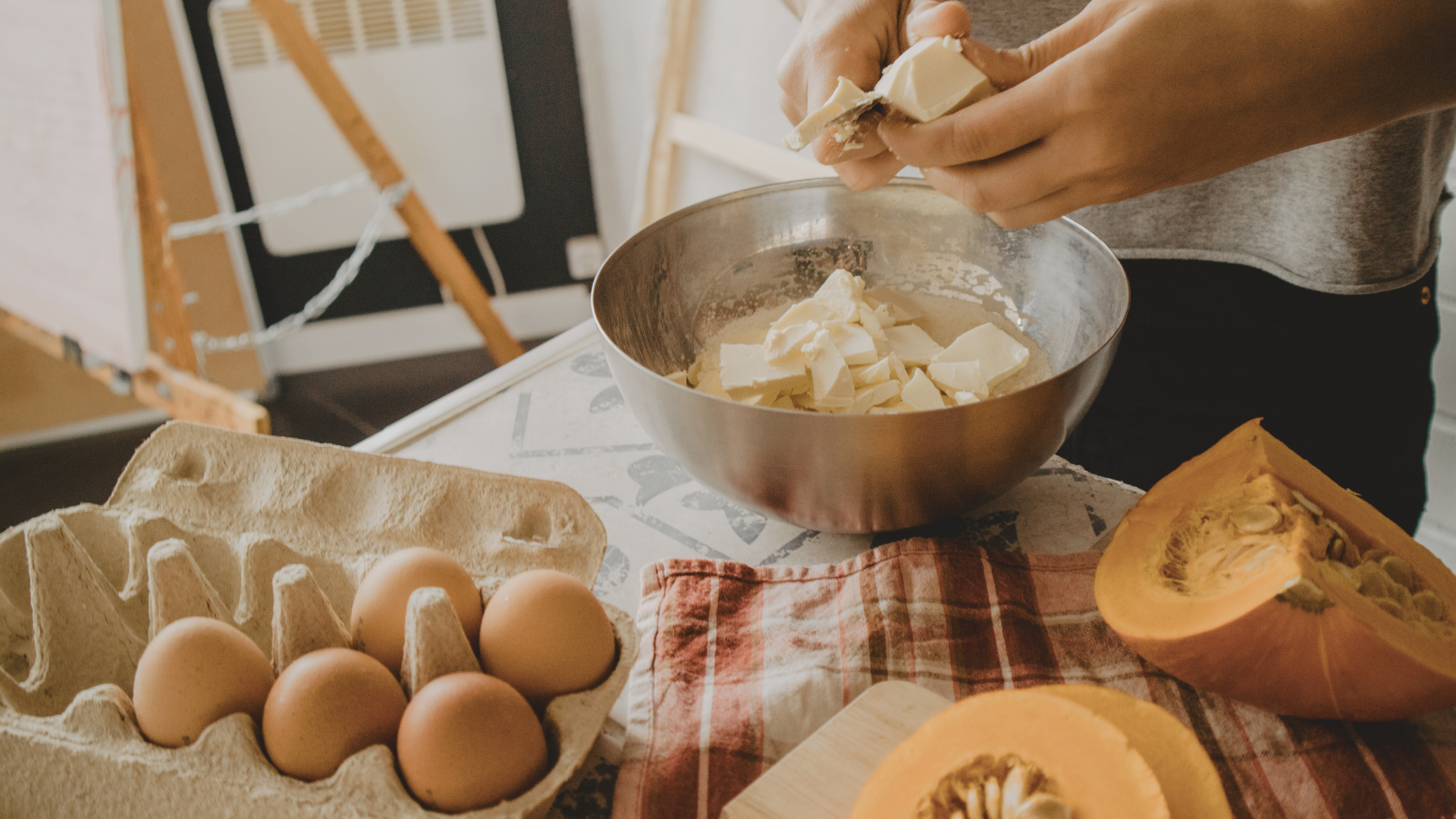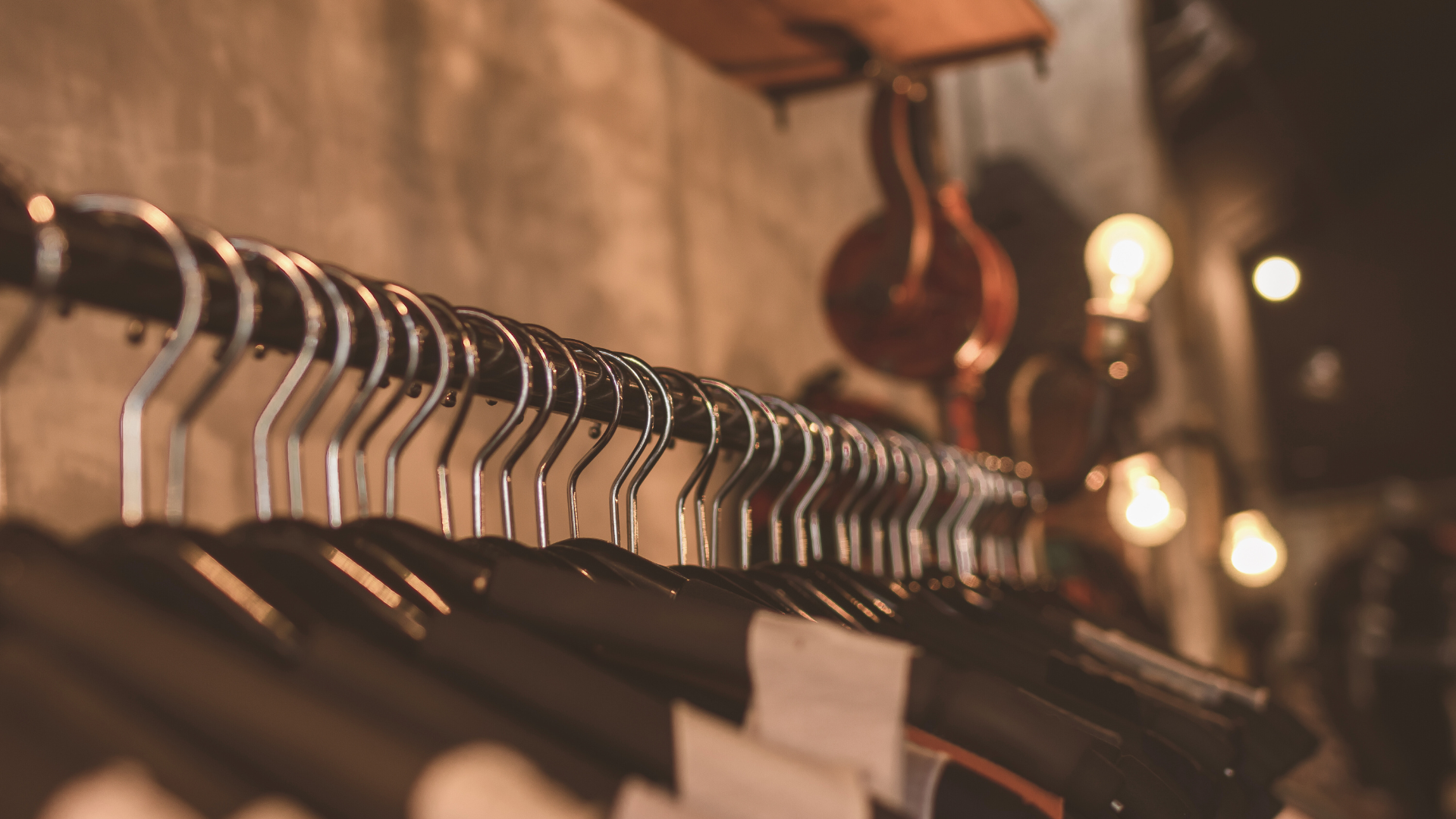The COVID-19 pandemic has opened our eyes—making us appreciate the people and things that we have around. Despite the devastation it gave us along the way, with so many lives lost, it gave us the chance to look around and be more mindful about how we live our lives—becoming more careful not of only ourselves but others too. We valued a healthy lifestyle more than ever—may it be physical, spiritual, or mental.
While I was at home, taking care of Remus (my Siberian cat) and my growing number of indoor plants, I stumbled upon a report on climate change and health ahead of the United Nations Climate Change Summit (COP26) on television. It said that there is this invisible thread that links us all—the climate, our health, and our environment. It’s something that if we want to live healthy and long, we should take care of our planet too—and for once and for all consider about green living, a trend most favored by the Japanese.’
Table of Contents

This is where the term “Mottainai” comes to mind; I have known this word for quite some time now, and as I recall, it means “to express regret over a wasted object.” The very first time I encountered the word was when there was a former classmate visiting our dorms who talked about this for hours, including some more Buddhist teachings, and he said that each object that we see has their own story, so that we need to treasure them and make sure that we do not let them go to waste. It made me think of the many times that I didn’t finish a meal or threw away paper (despite only writing a bit on it); and it made me sad, and I thought, “they must have been sad when I decided to waste them.” Sure, you may view that as something cringy, but think about it, especially those things that you could have valued but decided to throw them instead.
So, let’s talk about this “Mottainai” lifestyle and check if this is something that we could adapt to our lives as well (well, I am sure that you will as I did too, years ago).
Before we begin, do you remember the 3R model (Reduce, Reuse, Recycle) that we all know since we were kids? It’s that popular motto in terms of environmental protection. Well, in Mottainai, it’s more about creating a new landscape—focusing on adding a fourth R—respect, which then transforms the former model into the “4R model.” Just like where we are in the world, this was also embedded into our early education on how to protect our world, but with the Japanese, it’s more about the education to make people understand and appreciate the things that we own and how we can apply its core principles: promote consumption, use rationally, and limit waste.
With this, how do we apply that in our lives then? Well, here are four ways on how to do it:
1. Find ways on how to reuse food scraps from our ingredients list.

You know when we cook, some scraps of the ingredients that we use are thrown away into garbage cans. These “food scraps” that are not a part of the usual recipe, such as eggshells or coffee grounds become leftovers from our day-to-day meals. What I mean by finding ways on how to reuse them is to transform them into new vegan dishes, while taking into consideration the season of when we are cooking them. Examples of these are creating jelly from dragon fruit peels or transforming potato peels into crispy chips—the only limit is your imagination. Above all, food waste reduction also means reducing our carbon footprint, which significantly impacts climate change—it may not fully solve it but solving a part of it is already a great leap for world.
2. Learn how to simplify your lifestyle through sustainable fashion.
Nowadays, there is no doubt that fast fashion have increasingly became a trend, especially for young people. Because they are easy to buy, have interestingly low prices, and up-to-date designs, consumers would get out of their way to have the first dibs by jumping on their carts for checkout. However, these items will only be used for a few times before they return to the closet and then never, ever see the light of day.
Admit it, fast fashion is truly fast—fast to afford and dispatch—as soon as they go out of trend. I’ve seen this happen even with close family and friends and whenever you try to give them good advice, they just don’t care—almost seemingly looks like addition, well, just in my opinion. In Mottainai, the practice revolves around awareness on fashion sustainability. As a suggestion, you may start to patronize items from popular brands that produce their merchandise with environmentally friendly materials—all you need to do is read the fine print (because almost always, we never do).
3. Always opt to use the circular consumption model for businesses and consumers.
In a research that I read, enterprises used closed production cycles in recent years, where they use waste as raw materials for production, which eventually lessens consumer impacts. One example that I can think of is when the Tokyo 2020 Olympic and Paralympic Organizing Committee incorporated metal collected from used electronic gadgets, such as game consoles, smartphones, medals, and cameras—all of which were used to produce medals for athletes. Amazing, isn’t it?
4. Live within your means and practice a minimalist lifestyle.

Okay, let’s pause for a while—when I say practicing a minimalist lifestyle, it doesn’t necessarily mean that you need to throw away your current belongings, it’s more on tidying up your space. I recommend using only those items that you need and giving away those that do not serve any purpose in your life at the moment. You will start seeing a difference when you practice minimalism, I know I did when I started applying this to my lifestyle. I noticed that my savings went up and that I didn’t mind keeping up with what’s new with the world, particularly if it will not make a difference if I patronize it.
If I think about it further, I personally think that Mottainai does not only act as a life philosophy but also builds up a sustainable mindset. You may not consider this to be a part of your life, and I do not recommend this if you do not want to subscribe to a sustainable lifestyle. But let me just state that the Mottainai lifestyle is just an introduction on how to create a sustainable lifestyle—the rest of this still depends on you—whether you will strictly or temporarily follow this. Regardless of your reason, I hope that you will be able to find balance in your life whatever the lifestyle you choose.

Leave a Reply